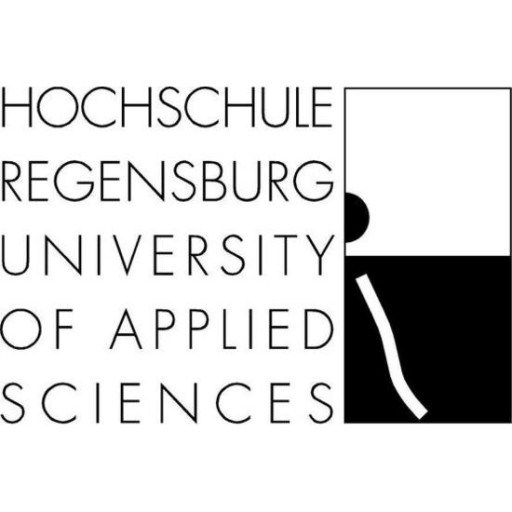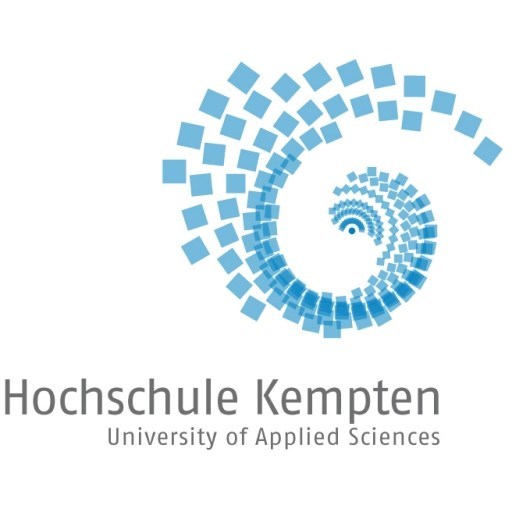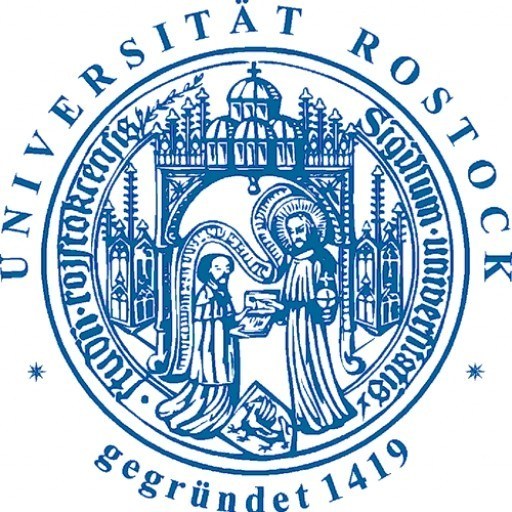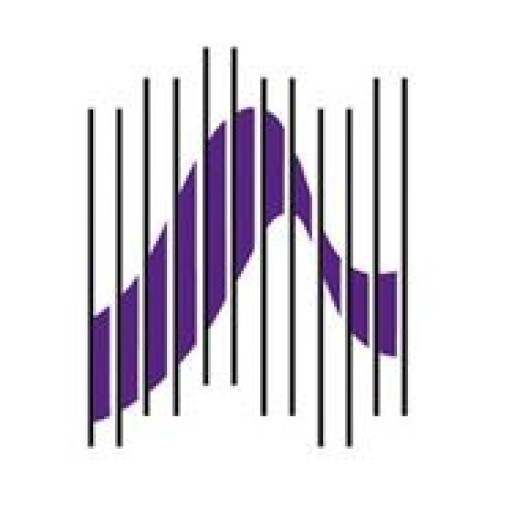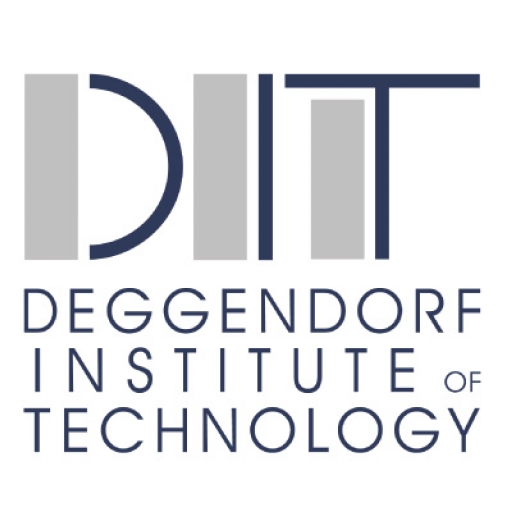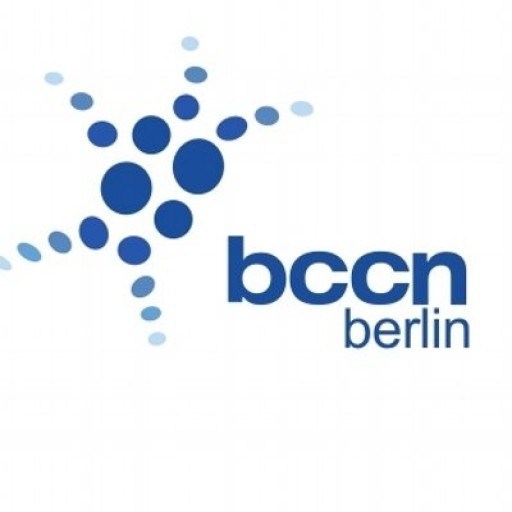Electrical Systems Engineering at the University of Paderborn offers a comprehensive and internationally-oriented education designed to prepare students for the dynamic field of electrical engineering. The program combines fundamental concepts with practical applications, ensuring graduates develop both theoretical expertise and hands-on skills. Throughout the course of study, students delve into core topics such as electrical circuit theory, digital and analog electronics, control systems, signal processing, power systems, and renewable energy technologies. The curriculum is structured to foster innovative thinking, problem-solving capabilities, and technical proficiency, enabling students to meet the complex challenges faced by modern electrical industries.
The program emphasizes interdisciplinary learning, integrating aspects of computer science, automation, and communication technology to reflect the interconnected nature of electrical systems today. Students are encouraged to engage in cutting-edge research projects and laboratory work, providing valuable practical experience. The university's state-of-the-art laboratories and research facilities facilitate an immersive learning environment. Specializations within the program allow students to focus on areas such as energy systems, industrial automation, or embedded systems, tailoring their education to their career interests.
International mobility is promoted, with opportunities for exchange programs and collaborations with industry partners across Europe and beyond. The program aims to develop graduates who are not only technically competent but also prepared for leadership roles in academia, industry, and innovation sectors. Graduates of Electrical Systems Engineering at the University of Paderborn are equipped to contribute to the development of sustainable energy solutions, automation technologies, and intelligent electrical systems, making a significant impact on society and the economy. The program's combination of rigorous academics, practical training, and international perspective provides a solid foundation for a successful career in the ever-evolving electrical engineering landscape.
Educational organisation
MS ESE is divided into four semesters, including three course semesters, and a six-month Master's thesis. The programme is organised in modules, with an overall workload of 120 ECTS credit points. A module usually consists of two courses. Besides courses on general aspects of system engineering the students choose courses in the area of their chosen specialisation. A main element of the Master's programme is the student project group. Here, teams of about six to twelve students join one of the research groups within the department and work together for one year on a research-related project. The final part of the programme is the preparation and writing of the Master's thesis, which usually takes place during the last semester.International (non-German-speaking) students are required to take a German language course as part of their general studies.
The majority of the courses are taught by the department's full professors. Furthermore, renowned international professors come to Paderborn to give guest lectures on advanced topics from the field of systems engineering within the MS ESE programme. Additionally, practically oriented advanced topics courses are being offered by lecturers from the industry.
The Master's programme is taught entirely in English. Therefore, anyone who is eligible to enrol at a German university and applies for our Master's programme must prove English language skills by a certified language test.
The study programme is fully accredited by ASIIN (a member of the Washington Accord).
Visit http://ei.uni-paderborn.de/ms-ese/ for further details.
Study abroad unit(s)
OptionalInternships
Internships are not a required part of the Master's programme.If you are interested in an internship, please enquire at the university or apply directly to research groups.
Forms of assessment
Oral or written examinationsPractical exercises
Seminar reports and presentations
Master's thesis
Course objectives
The goal of the Master's programme is to intensify and deepen knowledge gained in a preceding Bachelor's programme. With a Master's degree in Electrical Systems Engineering, you will have excellent career prospects. Graduates work in areas as diverse as automation, communication, embedded systems, logistics, medicine or multimedia. Team-oriented work with partners from all over the world is a characteristic of today's jobs in electrical engineering. With our Master's programme, you will acquire skills which will be highly valued in industry and which will provide you with a solid foundation for PhD research. If you want to get even deeper into science and research, we offer a wide range of interesting topics for postgraduate work leading to a doctoral degree (PhD).Language requirements
TOEFL with a minimum result of 550 (paper-based test) or 80 (internet test)Applicants holding a Bachelor's degree from an institution in Australia, Great Britain, Ireland, Canada, New Zealand, or the USA do not have to provide proof of their English skills.
Academic requirements
- BSc in Electrical Engineering or a related subject.
- General higher education entrance certificate or equivalent
- GRE general test
Enrolment fees
Approx. 270 EUR per semesterCosts of living
800-900 EUR per monthhttps://www.uni-paderborn.de/en/studium/international-office/degree-students/kosten-finanzierung/
Job opportunities
There are many opportunities for students to find employment, either as one of the university's student assistants (for research or teaching) or in one of the many positions outside the university.Arrival support
Please enquire at the university.Services and support for international students
International Office of the Faculty EIMThe Faculty EIM of Paderborn University offers ongoing support before and during the programme:
1. Individual academic advising
2. Welcoming and social programmes
3. Assistance with immigration authorities
Contact:
Hanan Khoja (Ms)
E-mail: hanan.khoja@upb.de
http://www.eim.uni-paderborn.de/IO-EIM
Paderborn University
Pohlweg 51, 33098 Paderborn, Germany
Accommodation
University dormitory:Dormitories of the "Studentenwerk Paderborn" (affiliated with Paderborn University)
http://www.studentenwerk-pb.de/en/housing/
Application form in English for a residence in a "Studentenwerk" dormitory
http://www.tl1host.de/SWPB/wohnheimaufnahmeantrag.html?lang_id=2
Private dormitory:
Dormitory of b.i.b. International College http://www.bib.de/Wohnheim-PB.aspx
Campus Apartments http://www.campus-apartments-paderborn.de/
Web portals:
Portal of the "Studentenwerk Paderborn": http://www.wohnraum-fuer-studierende.de/startseite/
WG-Gesucht: http://www.wg-gesucht.de
Studenten WG: http://www.studenten-wg.de
Immobilienscout24: http://www.immobilienscout24.de
Nuroa: http://www.nuroa.de/mieten/
Kalaydo: http://www.kalaydo.de/immobilien/


